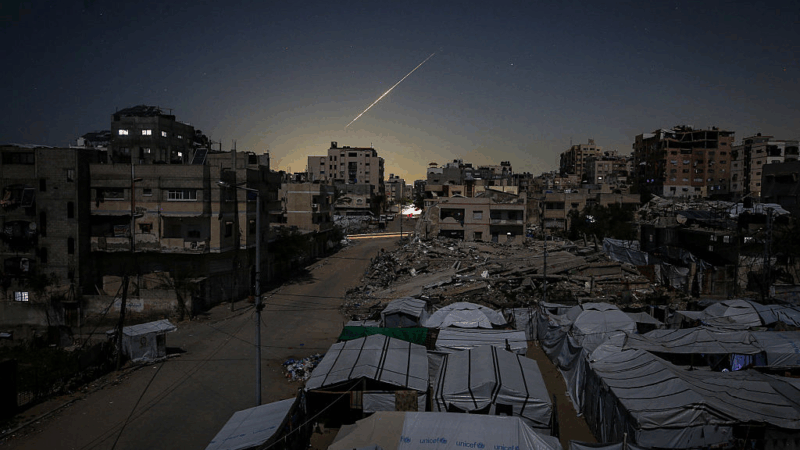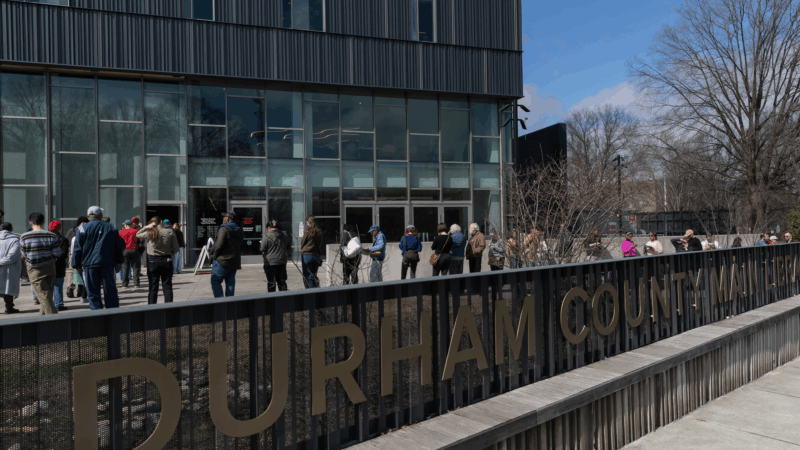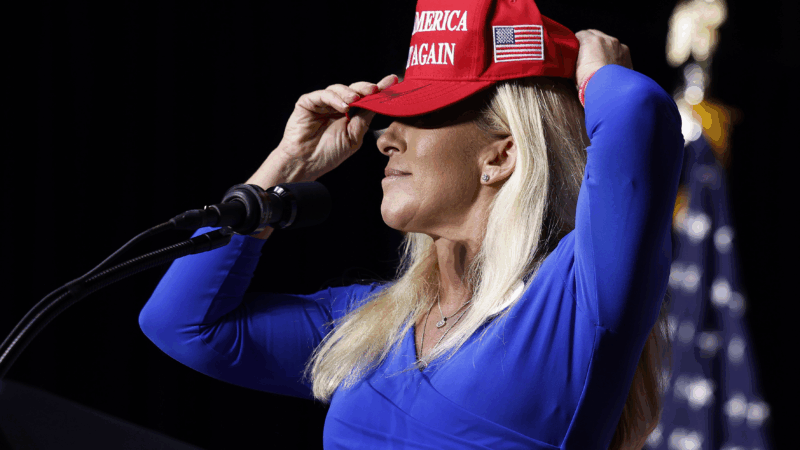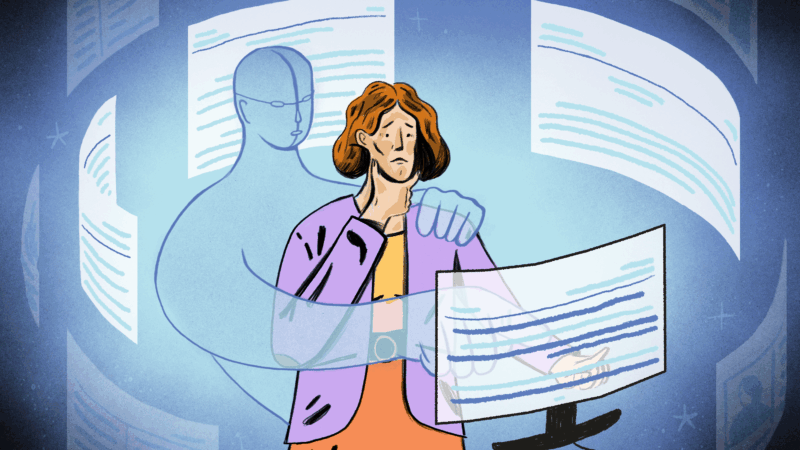Interview: UAB Space Archaeologist and TED Prize Winner Sarah Parcak
To some, the fact that “space archaeology” is actually a thing will come as news. Practitioners use satellite imagery to discover and analyze ancient ruins, and increasingly, to spot looting. University of Alabama at Birmingham archaeologist Sarah Parcak is a leader in the field, and she’s just been named winner of the 2016 million-dollar TED Prize, meant to support her work and a future project of her choosing. That project will involve protecting antiquities around the world and will be revealed in detail in February, but for now, WBHM’s Dan Carsen caught up with Parcak after a whirlwind press conference. She talks terrorists, technology, women and children in science, and colleagues she calls “the real heroes of culture.” But she starts with a boiled-down explanation of her work.
To listen to the on-air four-minute conversation, click above. To read key excerpts, hear the web-exclusive 11-minute interview, or hear today’s UAB press conference, see below.
“Think Google Earth on Speed”
That’s how Parcak sums up her work in one sentence. Elaborating a little: “[We use] satellite imagery, algorithms, and computer software … to pull things out of landscapes that we can’t see with our naked eye … pyramids, tombs, new [to us] settlements and many other features all around the world. But that’s only step one. You then have to go out into the field. It’s called ‘groundtruthing’ — you’re literally checking out if what’s buried in the ground matches what you’re seeing from space.”
Lives at Risk, Colleagues Killed
“The chief archaeologist of Palmyra, Khaled Asaad — he decided to stay on at the site even when ISIL was approaching … and he died protecting the site. So many of my friends and colleagues are risking their lives … I’ve had friends that have almost lost their lives protecting sites from looters, and they’ve undergone gunfire, so this is very very serious. The people who are in the field, doing this every day — I call them the real culture heroes.”
Role Modeling
“I’m a big supporter of kids doing science, especially young girls. And I don’t think there are enough examples of women doing science on TV. It’s hard being a female scientist … we’re always breaking glass ceilings for the next generation. Hopefully it’ll be a little bit easier for them.”
Like in the Movie, but Minus the Bullwhip?
“If people want to call me Indiana Jones, I say that I’m more sites, less stubble.”
Below is the 11-minute web-only interview. Just a few of the additional subjects include Al Qaeda and southern barbecue:
Below is the UAB press conference:
Scientists make a pocket-sized AI brain with help from monkey neurons
A new study suggests AI systems could be a lot more efficient. Researchers were able to shrink an AI vision model to 1/1000th of its original size.
U.S. evacuates diplomats, shuts down some embassies as war enters fourth day
The United States evacuated diplomats across the Middle East and shut down some embassies as war with Iran intensified Tuesday while President Trump signaled the conflict could turn into extended war.
North Carolina and Texas have primary elections Tuesday. Here’s what you need to know
The midterm elections are officially underway and contests in Texas and North Carolina will be the first major opportunity for parties to hear from voters about what's important to them in 2026.
Trump promised the MAGA base no new wars. Then he went to war with Iran
President Trump promised his "Make America Great Again" voters an "America First" foreign policy. With the war in Iran, he's testing MAGA world's willingness to be flexible on one of its core beliefs.
Kristi Noem set to face senators over DHS shutdown, immigration enforcement
The focus of the hearing is likely to be on how Kristi Noem is pursuing President Trump's mass deportation efforts in his second term, after two U.S. citizens were killed by immigration officers.
College students, professors are making their own AI rules. They don’t always agree
More than three years after ChatGPT debuted, AI has become a part of everyday life — and professors and students are still figuring out how or if they should use it.







